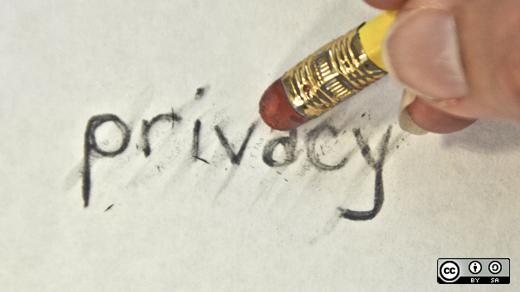Marin County Superintendent of Schools Mary Jane Burke sent an email to parents of Marin County public school students on March 15 warning parents of the dangers of teen drinking and drug use as prom and graduation season approaches.
In her opinion piece attached to the email titled, “Parents Must Be The Voice for A Safe and Successful Future,” Burke mentioned an incident last summer involving a group of Marin teenagers on a party bus carrying hard alcohol, marijuana, and prescription drugs. She referenced this event as a reminder for parents to promote dialogue and establish boundaries with their children concerning drug and alcohol use.
While the email addressed a legitimate problem in our community and Burke’s call for honest parent-student relationships was clear, her advocacy of measures to invade students’ privacy seems counter-productive.
One of Burke’s more questionable statements read, “Invading your child’s privacy is your job and your duty…whether it’s in cyberspace or the real world.”
This statement is contradictory to another piece of Burke’s advice where she urges parents to “establish a level of trust [with your child].” How can teenagers be expected to nurture a trusting relationship with their parents, knowing that their privacy is being invaded?
As teenagers transition into adulthood and learn to make new choices, it is crucial to have the privacy we not only need but also deserve. We have a right to explore independence and learn from our mistakes, just as parents have a right to intervene when necessary.
Burke’s statement does not include limitations – nowhere does she specify the circumstances when invasion of privacy can be appropriate. Immediately following her statement about a parent’s duty to invade their child’s privacy, Burke wrote, “You could be the key to preventing a false move or tragedy.”
She was right to point out that our community has faced tragedy as a result of adolescent alcohol and drug use. However, her leap from tragedy to invasion of privacy is a claim that appeals to parents’ emotions, rather than their substantial reasoning.
While in some instances, looking at a child’s phone or social media has been helpful in preventing terrible situations, Burke’s conclusion is not an absolute. Perhaps it was meant to challenge the assumptions of parents who sometimes play the role of a friend more so than the role of a guardian. Nonetheless for most parents, Burke’s reasoning that invading a child’s privacy could lead to prevention of tragedy only serves as justification to act in a way that could actually counteract their goal of maintaining trust with their child.
In many cases, it is more likely that a child with invasive parents will hide their personal encounters or keep more secrets, rather than establish an open and honest relationship with their parents. A teenager who feels that their right to privacy is being disrespected will be less receptive to dialogue about their drug and alcohol use. We often consider that parents can not trust their children, but how many teenagers can say they trust their parents, without fear of judgment or harsh consequence? Trust is something that must be earned, privacy is not.
How families choose to discuss drug and alcohol use should be determined at their own discretion. To create open dialogue, both students and parents must come together and establish trust and rules in a respectful, fair environment that balances care with trust.


